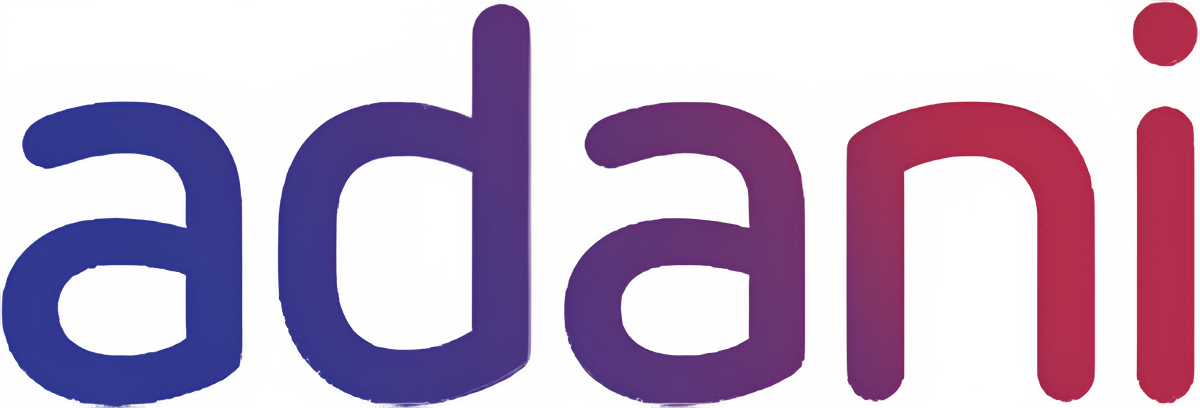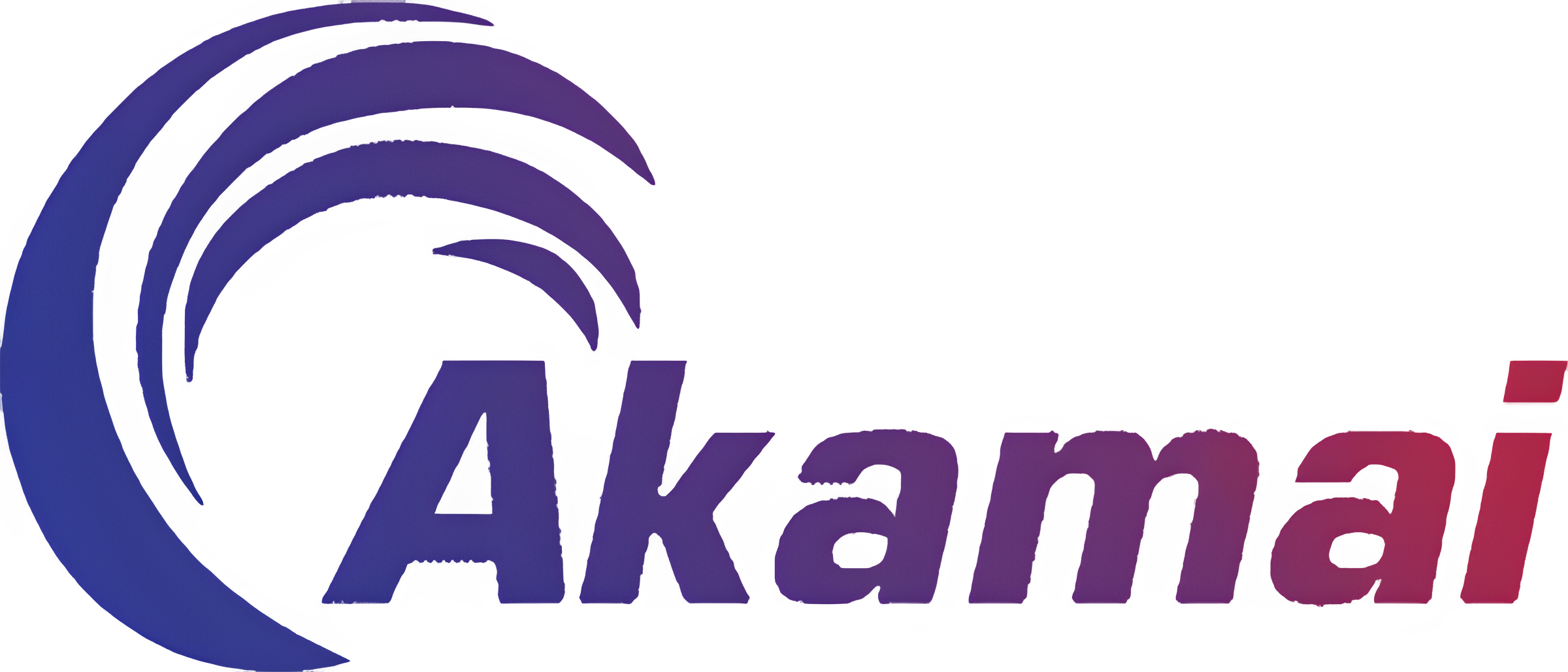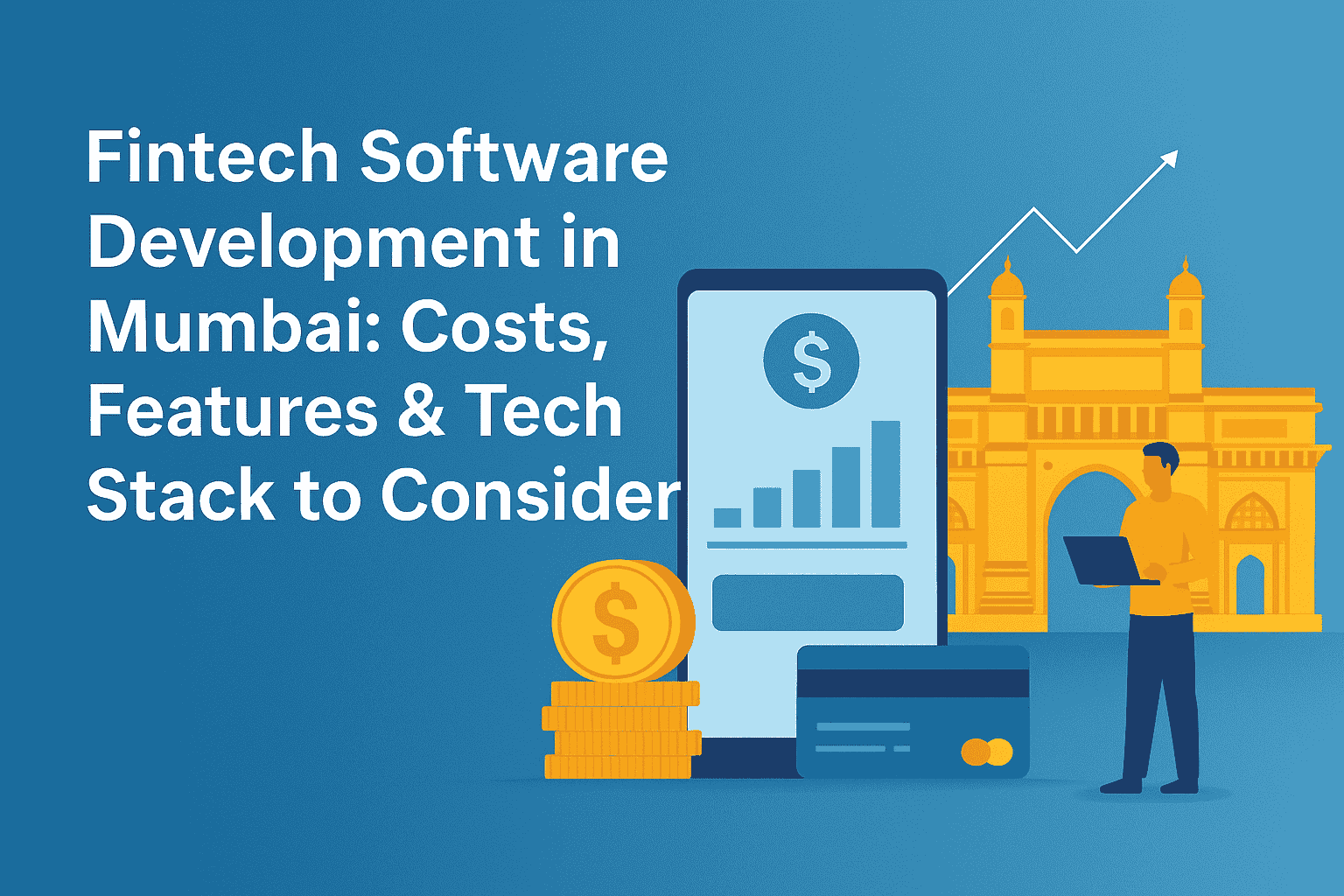Fintech Software Development in Mumbai: Costs, Features & Tech Stack to Consider
Mumbai, India’s financial capital, is at the heart of a fintech revolution. From digital wallets to online lending platforms and robo‑advisors, fintech innovations are reshaping how individuals and businesses manage their money. As regulatory frameworks evolve and customer expectations rise, startups and enterprises turn to specialized partners—such as a software development company in Mumbai, a web development company in Mumbai, and a mobile app development company in Mumbai—to deliver reliable, compliant, and engaging solutions. Equally critical is post‑launch care from a software maintenance company in Mumbai and seamless visual experiences crafted by a web designing company in Mumbai. In this comprehensive guide, we explore cost factors, must‑have features, and the ideal technology stack for fintech software development in Mumbai, anchored in EEAT principles.
Market Dynamics and Opportunity
Mumbai’s dense concentration of banks, financial institutions, and investment firms creates fertile ground for fintech disruption. Government initiatives, such as Unified Payments Interface (UPI) and Account Aggregator frameworks, provide the underlying infrastructure, while a tech‑savvy population eagerly adopts digital services. Challenges—ranging from regulatory compliance to data security—demand robust solutions built by experienced fintech software development company in Mumbai teams. These firms leverage domain knowledge to navigate RBI guidelines, KYC/AML requirements, and evolving data protection laws. By partnering with an established provider like Dinoustech Private Limited, businesses gain a trusted ally who understands both local market nuances and global best practices.
Core Features of Fintech Platforms
A successful fintech application seamlessly combines functionality with security. Core features typically include secure user authentication and authorization via OAuth2 or SAML, encrypted data storage, and multi‑factor authentication. Digital wallets support UPI, IMPS, and card tokenization for frictionless transactions. Investment and trading platforms incorporate real‑time market data, charting libraries, and portfolio dashboards. Lending apps automate credit scoring using alternative data sources and integrate with bureau APIs for verification. Budgeting and personal finance tools visualize spending patterns through interactive charts, while chatbot assistants handle customer queries. These feature sets, implemented by a Fintech App Development Company, address end‑to‑end financial needs and foster user trust through transparency and reliability.
Design Considerations and User Experience
Visual design and user experience are paramount in fintech, where trust is built through intuitive, error‑free interfaces. As a leading web designing company in Mumbai, Dinoustech emphasizes clarity in typography, color contrasts for financial data, and minimalistic dashboards. Onboarding flows require concise KYC forms with dynamic field rendering and live form validation. Transaction screens highlight key information—such as balances and transaction limits—while contextual tooltips guide users through complex workflows. Responsive design ensures seamless access from desktops, tablets, and smartphones. Regular usability testing in Mumbai’s diverse user base guarantees that interfaces resonate across demographics, from retail customers to high‑net‑worth individuals.
Technology Stack Selection
Choosing the right technology stack balances performance, security, and development efficiency. For frontend web applications, React.js and Angular offer component‑based architectures and high‑performance rendering. Mobile apps benefit from native development (Swift/Kotlin) when deep OS integration is essential, or cross‑platform frameworks (Flutter, React Native) for rapid iteration. Backend services, developed in Node.js or Python (Django/Flask), expose RESTful or GraphQL APIs. Microservices architectures, orchestrated via Docker and Kubernetes, provide scalability and fault tolerance. Relational databases (PostgreSQL, MySQL) ensure ACID compliance for transactional data, while NoSQL stores (MongoDB) handle unstructured logs. Message queues (RabbitMQ, Kafka) decouple services, and Redis supports caching for low‑latency lookups. Dinoustech’s web development company in Mumbai teams configure continuous integration pipelines and automated testing suites to uphold code quality and expedite delivery.
Security and Compliance
Security and compliance form the bedrock of fintech applications. End-to-end encryption (TLS 1.2+), AES‑256 encryption at rest, and secure tokenization protect sensitive data. Role‑based access controls and granular audit logs enforce accountability. Multi‑factor authentication, biometric logins, and device binding reduce unauthorized access. Regular security audits, vulnerability scans, and penetration tests—conducted by our software maintenance company in Mumbai—identify and remediate threats. Compliance with regulations—RBI circulars, PCI-DSS for cardholder data, and GDPR‑inspired privacy frameworks—ensures legal alignment across jurisdictions. Dinoustech embeds privacy‑by‑design and security‑by‑design principles throughout development, safeguarding both user trust and regulatory standing.
Blockchain and Distributed Ledger Innovations
Blockchain introduces transparency and immutability to fintech. Use cases include syndicated lending platforms with shared loan records, trade finance consortia leveraging smart contracts for automatic settlements, and decentralized identity systems for KYC. Dinoustech’s R&D teams pilot private blockchain networks using Hyperledger Fabric and Ethereum-based frameworks. These proofs of concept evolve into production-grade modules that integrate with core banking systems and mobile clients. While not every fintech solution requires blockchain, strategic implementations—such as tokenizing assets or automating escrow services—can deliver competitive advantages.
AI and Machine Learning Enhancements
Artificial intelligence and machine learning unlock personalized experiences and risk mitigation. Credit scoring models leverage decision trees, logistic regression, and neural networks to evaluate alternative data—such as mobile usage or social behavior—supplementing traditional bureau scores. Fraud detection engines use unsupervised anomaly detection and real‑time monitoring to flag suspicious patterns. AI chatbots, powered by NLP frameworks like Rasa or Dialogflow, handle common customer inquiries, reducing support costs. Recommendation systems suggest relevant financial products based on user profiles and market trends. Dinoustech’s AI specialists integrate these models into data pipelines, ensuring explainable, compliant, and performant deployments.
DevOps and Continuous Delivery
Accelerated release cycles demand robust DevOps practices. Infrastructure as code—managed via Terraform or AWS CloudFormation—ensures reproducible environments. CI/CD pipelines orchestrate code linting, unit and integration tests, and automated deployments to staging or production. Blue/green or canary releases minimize downtime and allow incremental feature rollouts. Monitoring dashboards—built on Prometheus, Grafana, and ELK stacks—track service health, latency, and error rates. Alerting mechanisms use PagerDuty or Opsgenie to notify teams of critical incidents. As a software development company in Mumbai, Dinoustech’s DevOps engineers implement these frameworks to sustain high availability and facilitate rapid iterations.
Cost Factors and Budgeting
Estimating fintech project costs involves multiple variables: feature complexity, compliance requirements, integrations, and team composition. A basic digital wallet or payment gateway integration MVP may require 400–600 development hours, whereas a full-fledged investment or lending platform can exceed 2,000 hours. Hourly rates for Mumbai‑based teams range from ₹1,200 to ₹3,000 per hour depending on expertise. Infrastructure costs—cloud hosting, managed databases, and third‑party API subscriptions—add to monthly operational budgets. Ongoing maintenance and support retainer fees typically range from 15–25% of initial development costs annually. Dinoustech offers transparent, milestone‑based proposals to align budgets with project scope and risk profiles.
Development Timeline and Milestones
A typical fintech project unfolds over six to nine months. The discovery phase (4–6 weeks) defines requirements, compliance needs, and MVP scope. UI/UX design (6–8 weeks) produces interactive prototypes and style guides. Core development (12–20 weeks) builds frontend, backend, and integrations in agile sprints. QA and security testing (6–8 weeks) validates functionality and compliance. Pilot launches (2–4 weeks) gather user feedback before full-scale deployment. Post‑launch stabilization (4 weeks) addresses critical issues and optimizes performance. Dinoustech’s project managers ensure adherence to timelines through daily stand‑ups and sprint reviews.
Post‑Launch Maintenance and Support
Fintech applications demand continuous vigilance. Our software maintenance company in Mumbai provides 24/7 monitoring, incident response, and patch management. Monthly performance audits identify optimization opportunities. Regulatory updates—such as RBI circulars or new data privacy rules—prompt timely feature updates. Quarterly roadmap planning aligns enhancements with business goals and user feedback. This ongoing partnership reduces technical debt and maintains platform integrity in a rapidly changing landscape.
Selecting the Right Mumbai Partner
Choosing the ideal fintech development partner requires evaluating domain expertise, technical capabilities, and cultural alignment. Look for firms with proven fintech software development in Mumbai projects, transparent Agile processes, and strong post-launch support. Dinoustech Private Limited stands out by offering integrated services—software development, web designing, web development, mobile app development, and software maintenance—under one roof. Our EEAT-based approach, rich domain insights, and commitment to quality make us the preferred fintech software development company in Mumbai.
Fintech innovation in Mumbai thrives on secure, scalable, and user‑centric software solutions. From digital payments and lending platforms to AI‑driven advisory services and blockchain pilots, building impactful applications requires specialized expertise. By partnering with Dinoustech Private Limited, you gain access to Mumbai’s premier software development company, web designing company, web development company, mobile app development company, and software maintenance company. Together, we navigate regulatory complexities, deploy modern tech stacks, and deliver seamless user experiences that drive financial inclusion and business growth. Embrace the future of finance with confidence—your journey begins here.

















